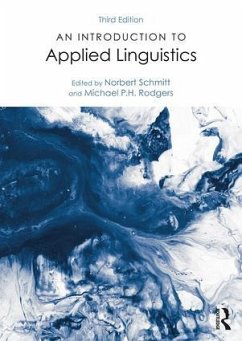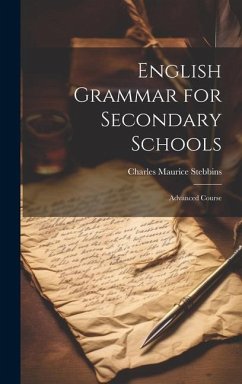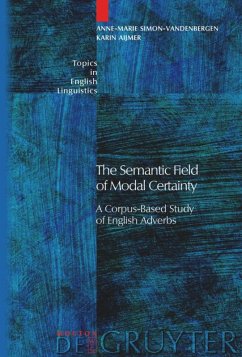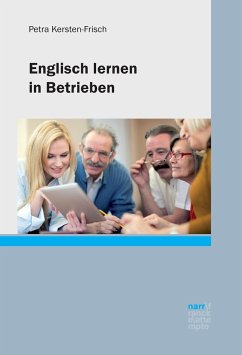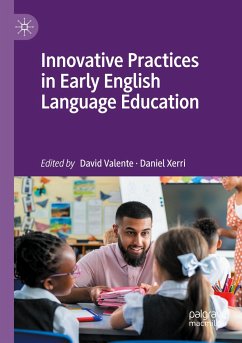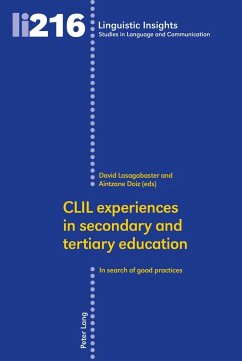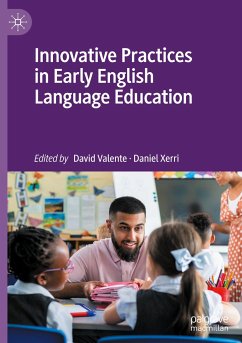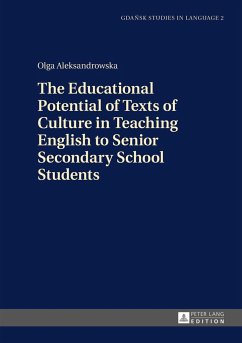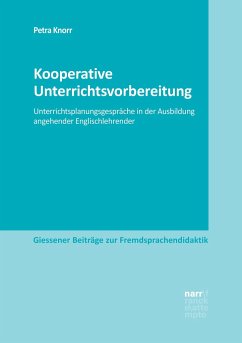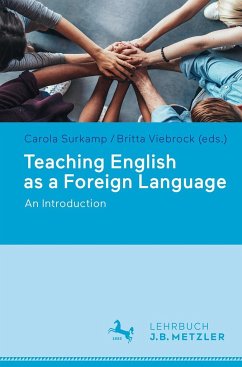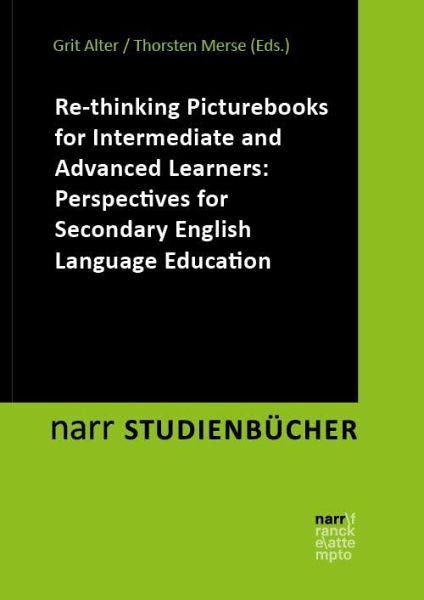
Re-thinking Picturebooks for Intermediate and Advanced Learners: Perspectives for Secondary English Language Education
Versandkostenfrei!
Versandfertig in 2-4 Wochen
29,99 €
inkl. MwSt.
Weitere Ausgaben:

PAYBACK Punkte
0 °P sammeln!
The pedagogic value of picturebooks for teaching English in primary schools is undisputed. However, they also hold immense potential for secondary English language education. Their intricate design, thematic complexity, and rich options for competence development, e.g., in areas such as critical thinking or fostering visual literacy, transcend primary classrooms. This volume engages in a research-based discourse of how the transfer of this supposedly childlike literary medium to the secondary level can succeed. It legitimizes picturebooks as a complex text form that lends itself to competence-...
The pedagogic value of picturebooks for teaching English in primary schools is undisputed. However, they also hold immense potential for secondary English language education. Their intricate design, thematic complexity, and rich options for competence development, e.g., in areas such as critical thinking or fostering visual literacy, transcend primary classrooms. This volume engages in a research-based discourse of how the transfer of this supposedly childlike literary medium to the secondary level can succeed. It legitimizes picturebooks as a complex text form that lends itself to competence- and content-oriented learning in English lessons with intermediate and advanced learners. The conceptual and empirical perspectives collected in this volume offer prospective and practicing teachers concrete insights on how picturebooks can enrich the classroom in many ways. A wide range of practical examples illustrates their potential for teaching English in secondary schools - from promoting different literacies and literary learning to focusing on topics such as the environment, social justice, or cultural diversity. With a foreword by Bettina Kümmerling-Meibauer
Dieser Artikel kann nur an eine deutsche Lieferadresse ausgeliefert werden.




